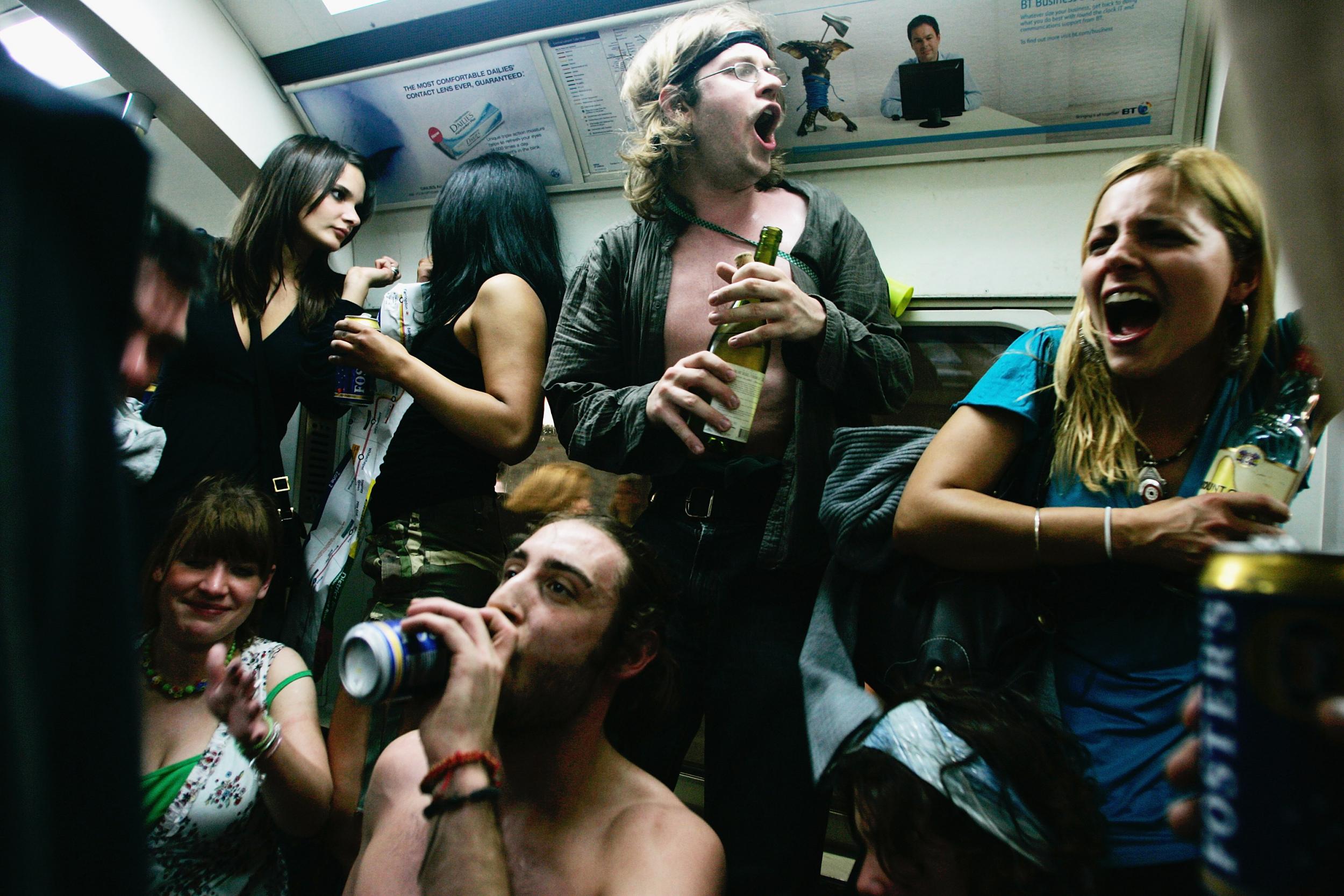NHS turning into 'national hangover service', health chief warns
Simon Stevens condemns 'selfish' party-goers

The NHS is being transformed into the "national hangover service" as binge drinking diverts vital resources, the head of the health service in England said.
Simon Stevens condemned "selfish" party-goers in a stark warning as the nation gears up for one of the most alcohol-fuelled nights of the year.
The chief executive of NHS England added that the health service is already facing considerable strain from the annual spike in winter emergencies.
Millions of revellers are expected to pack bars, pubs and clubs across the UK to celebrate the arrival of 2017 on Saturday night.
Figures from the health service show that admissions for alcohol-related incidents rocket on the first day of the new year.
"At a time of year when hospitals are always under pressure, caring for a spike in winter emergencies, it's really selfish to get so blotto that you end up in an ambulance or A&E," Mr Stevens told The Telegraph.
"More than a third of A&E attendances at peak times are caused by drunkenness. Casualty nurses and doctors are understandably frustrated about the NHS being used as a national hangover service.
"In our towns and cities this Christmas and new year, the paramedic called to a drunk partygoer passed out on the pavement is an ambulance crew obviously not then available for a genuine medical emergency."
British girls are among the most likely to have been repeatedly drunk by the age of 15, with only Denmark and Hungary faring worse, figures comparing 26 countries show.
The UK is also the worst country in the West for cocaine usage, with the highest levels of some sexually transmitted infections (STIs) the figures from the OECD show.
Join our commenting forum
Join thought-provoking conversations, follow other Independent readers and see their replies
Comments